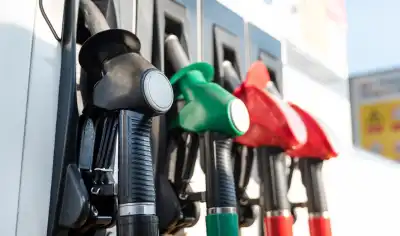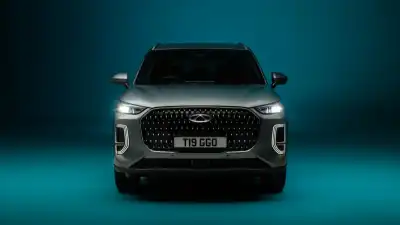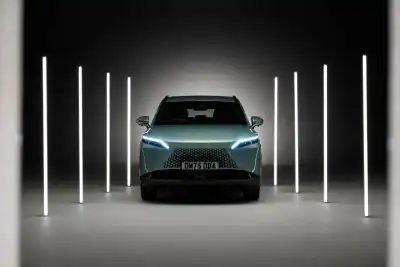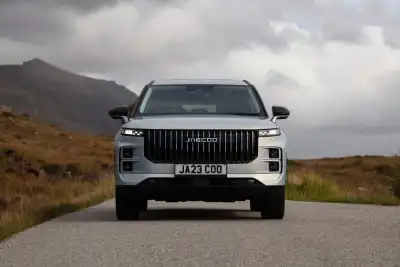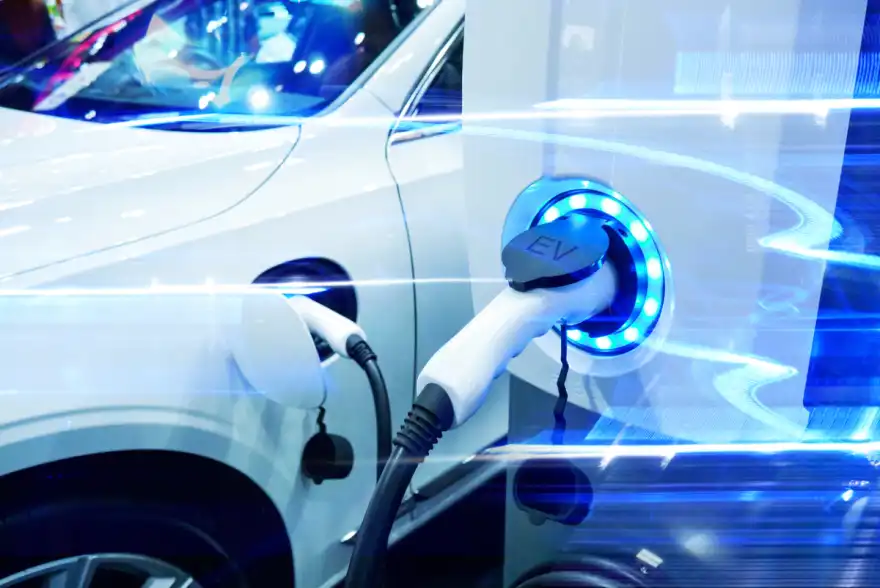
The UK automotive industry has urged the chancellor to revitalise the shift to electric vehicles (EVs) in the upcoming budget announcement, alleging that the government's decision to postpone the ban on new petrol and diesel car sales until 2035 was a self-inflicted setback.
The Society for Motor Manufacturers and Traders (SMMT) asserted that the delay, declared by Rishi Sunak in September last year, had negative repercussions. Prior to the U-turn, the industry had set a 2030 target for the phase-out, emphasising cost considerations, and had cautioned that this alteration would impede investments and hinder progress in addressing climate change.
On Friday, the SMMT highlighted that although the UK's electric vehicle market remained the second-largest in Europe by volume, sales were falling short of pre-delay expectations. The report indicated a 19% decline in private EV uptake in 2023, post-consumer incentives.
A survey by the SMMT revealed that nearly half of prospective EV buyers now intend to postpone their transition until after 2030, in contrast to the 10% figure from the previous year. The primary obstacle cited was the initial cost, according to the SMMT.
The SMMT urged the chancellor, Jeremy Hunt, to use the March 6 budget to establish "fair taxes for a fairer transition," alleging unfair treatment of electric car customers. Their proposed three-point plan aimed to "recharge the market" and expedite the UK's journey towards net zero emissions. The top priority was a reduction of the VAT on new electric cars from 20% to 10%, potentially saving buyers approximately £4,000 while costing the Treasury less than the discontinued Plug-in Car Grant.
Additionally, the SMMT called for a reform of Vehicle Excise Duty to prevent most electric vehicles from being categorised as "expensive cars" when a new supplement is slated for implementation next year. The final proposal was to reduce the VAT on public charging points to 5%, aligning it with home charging costs currently taxed at 20%.
Mike Hawes, CEO of the SMMT, stated, "The Chancellor must end the perverse fiscal system that discourages drivers from moving away from fossil fuels and send a clear signal that the time to go electric is now.
"Success will see our economy powered up by zero emission mobility, delivering cleaner air, quieter roads and cheaper running costs, ending the uncertainty we are seeing amongst motorists."

